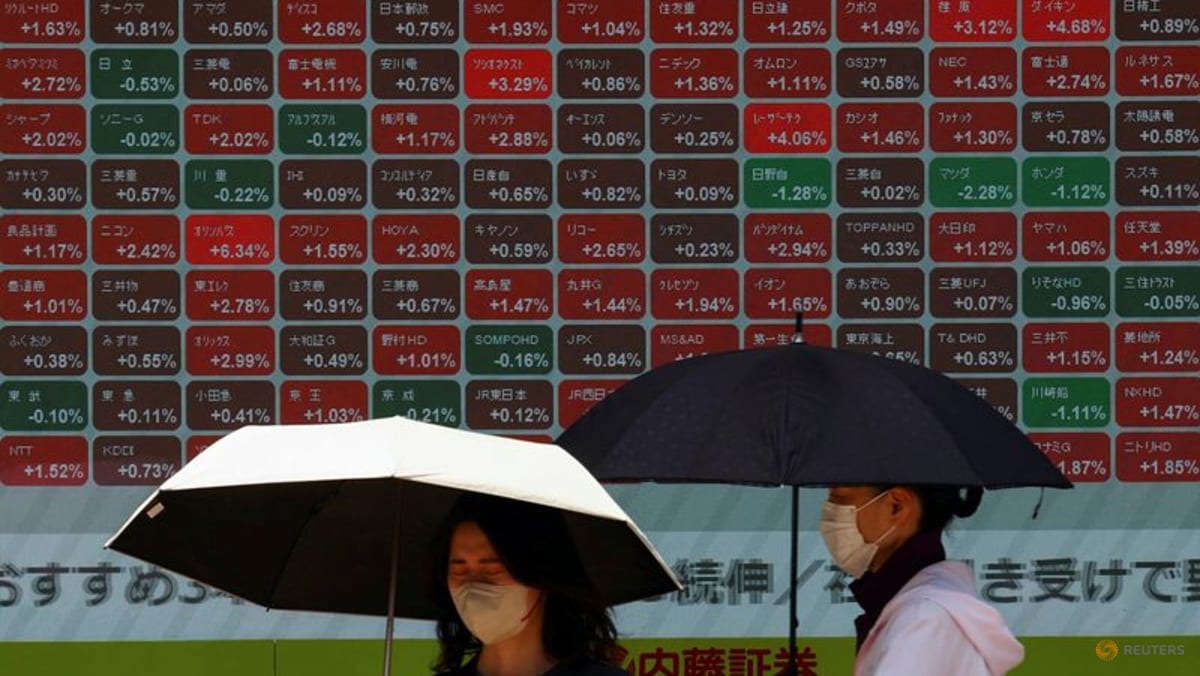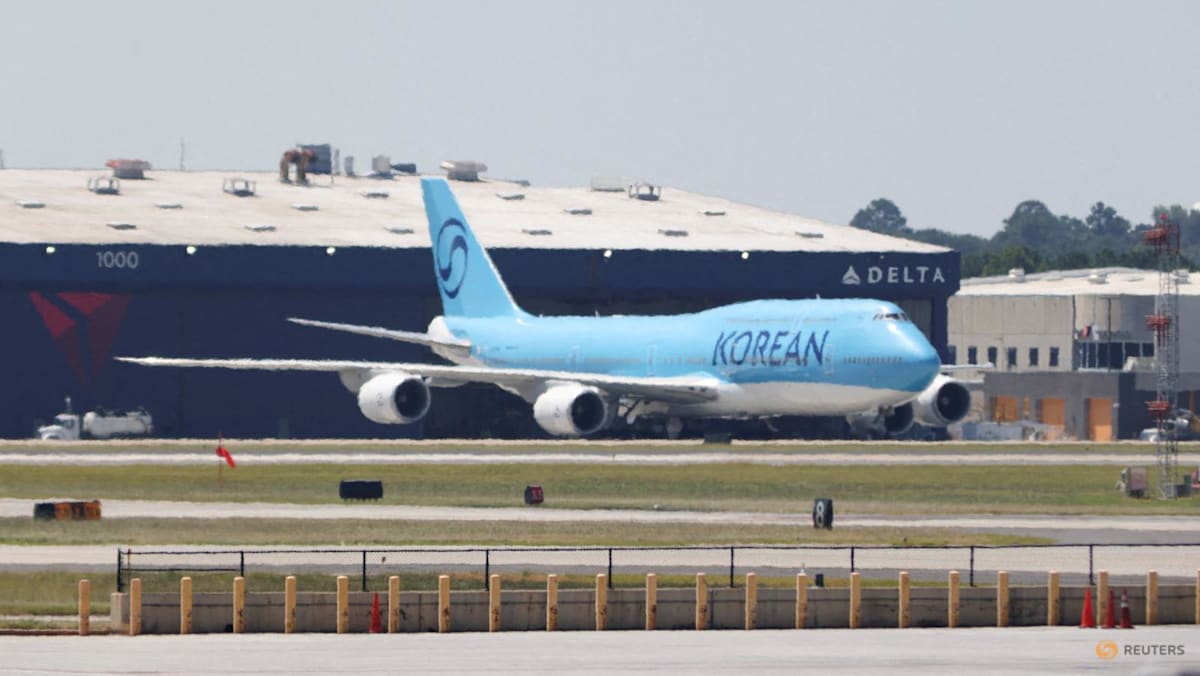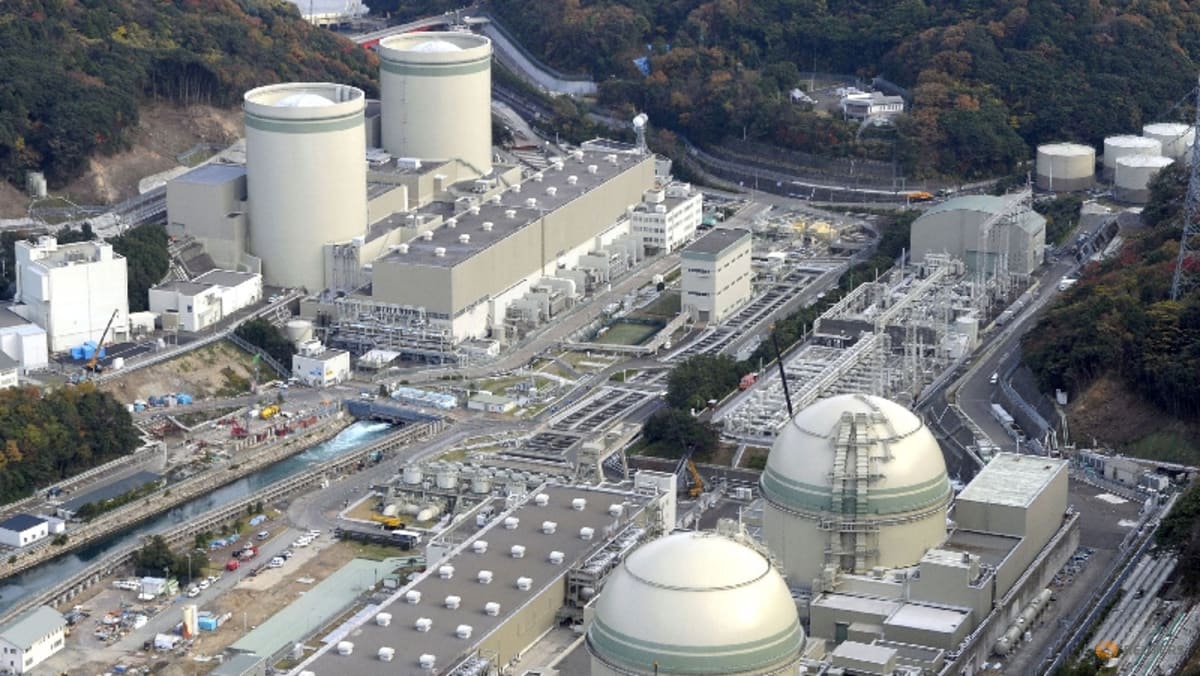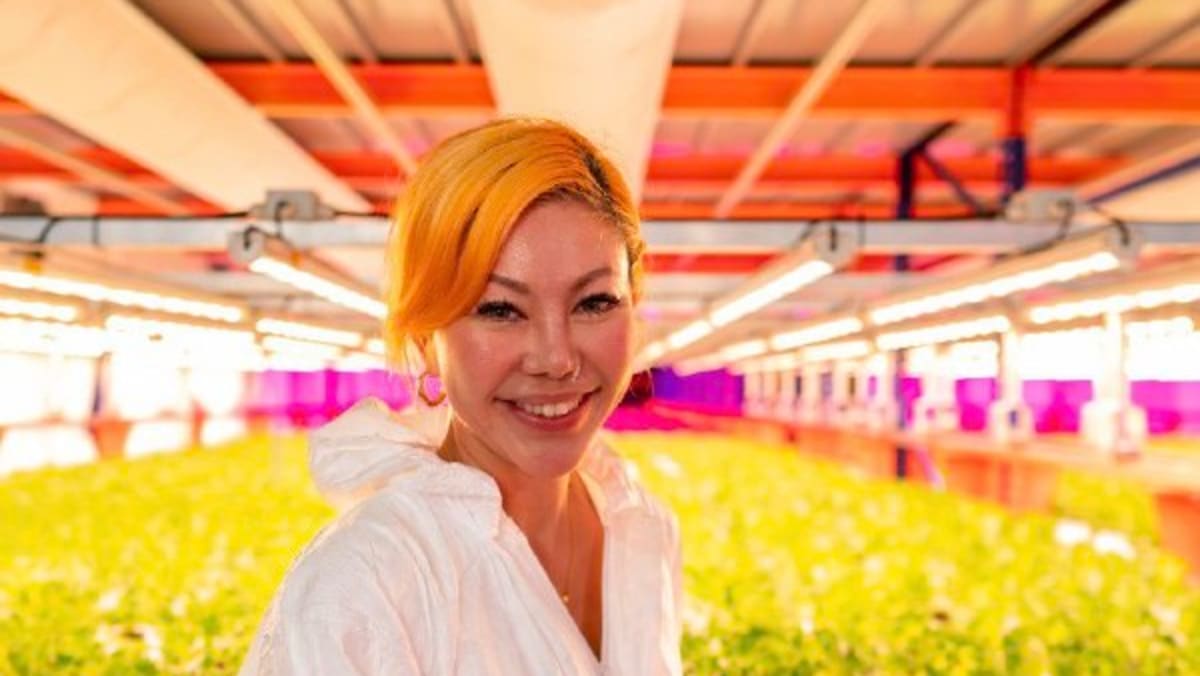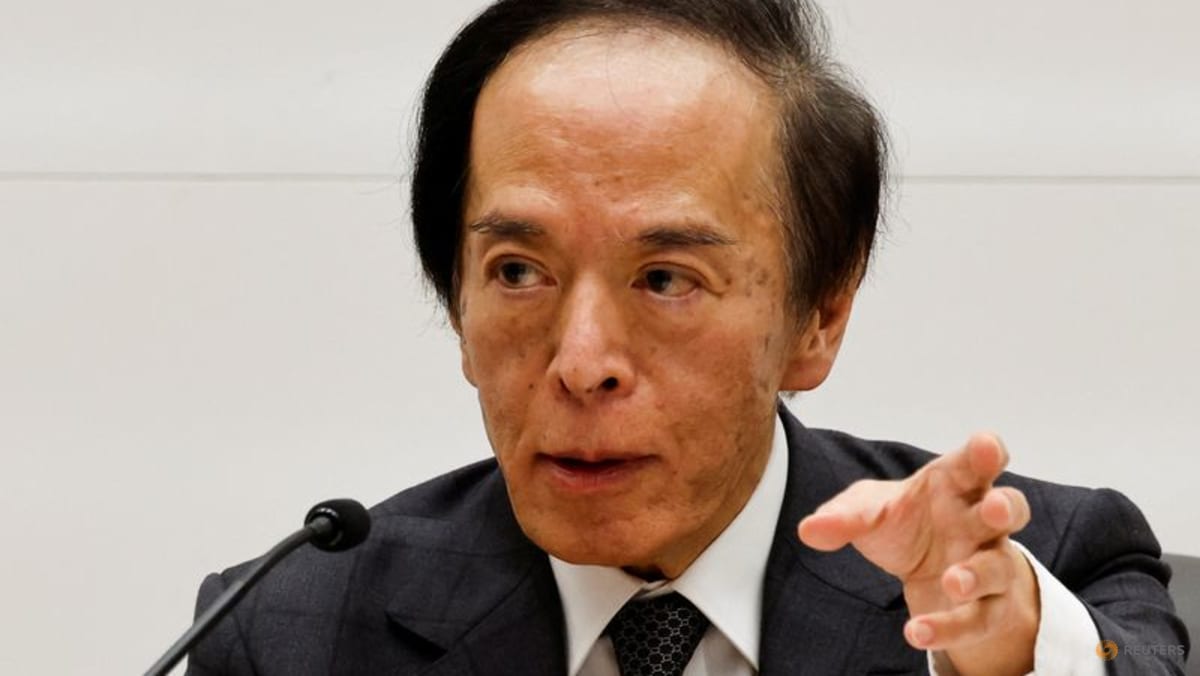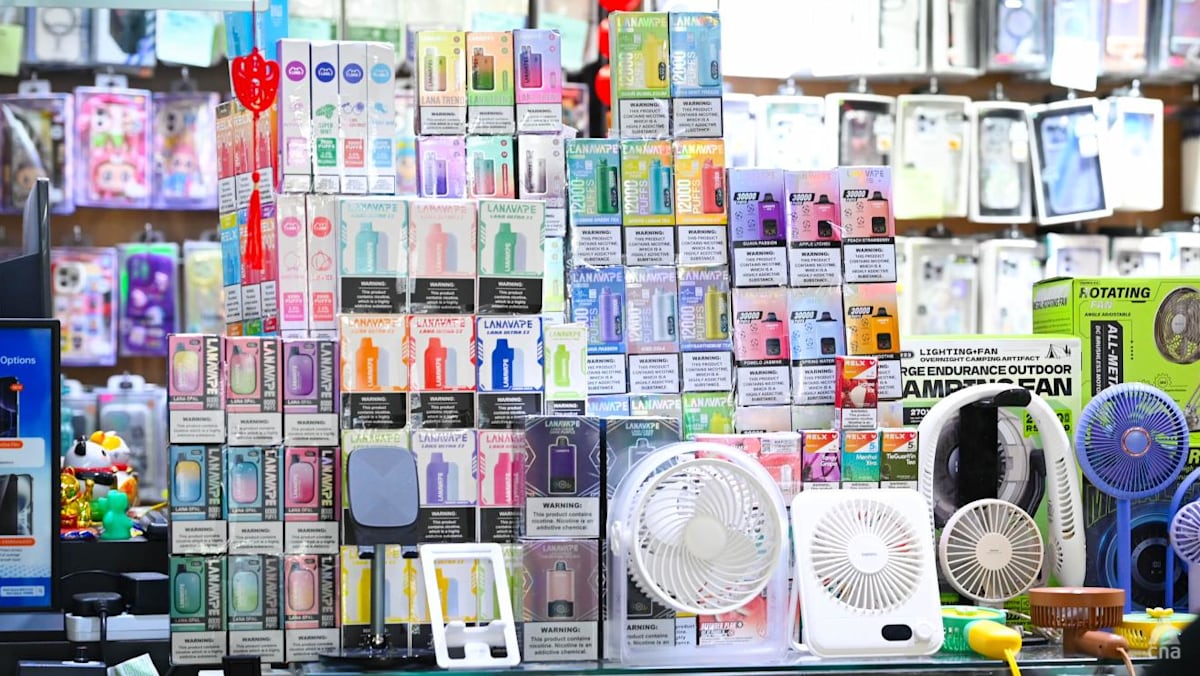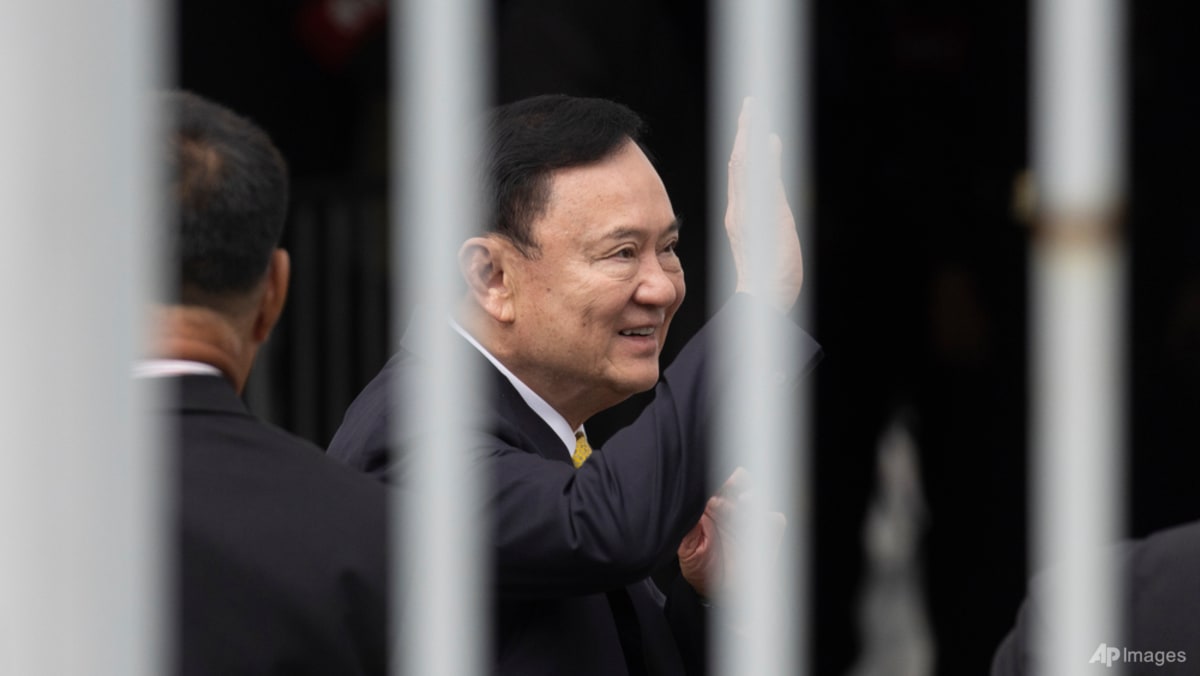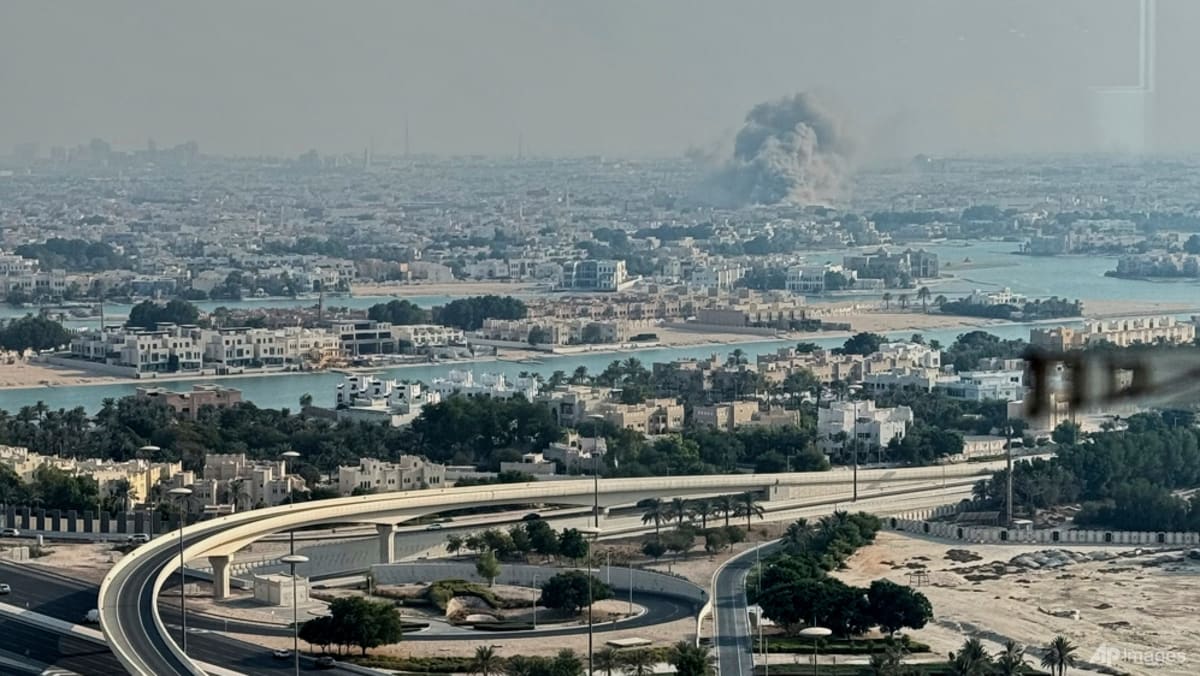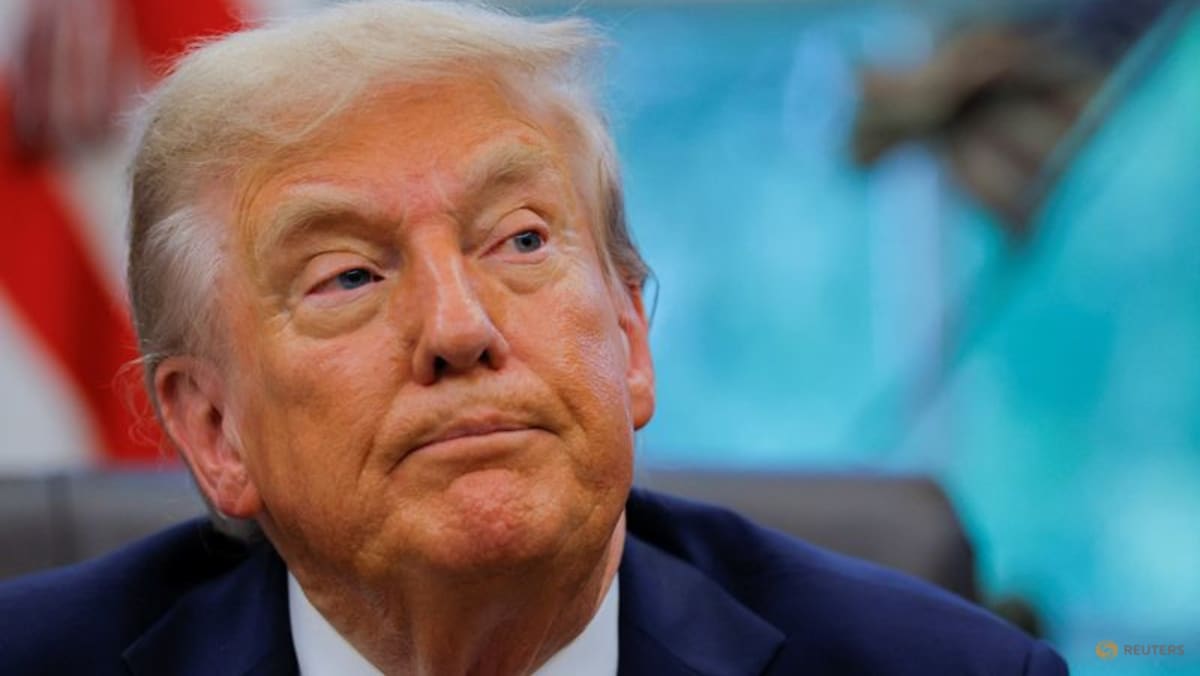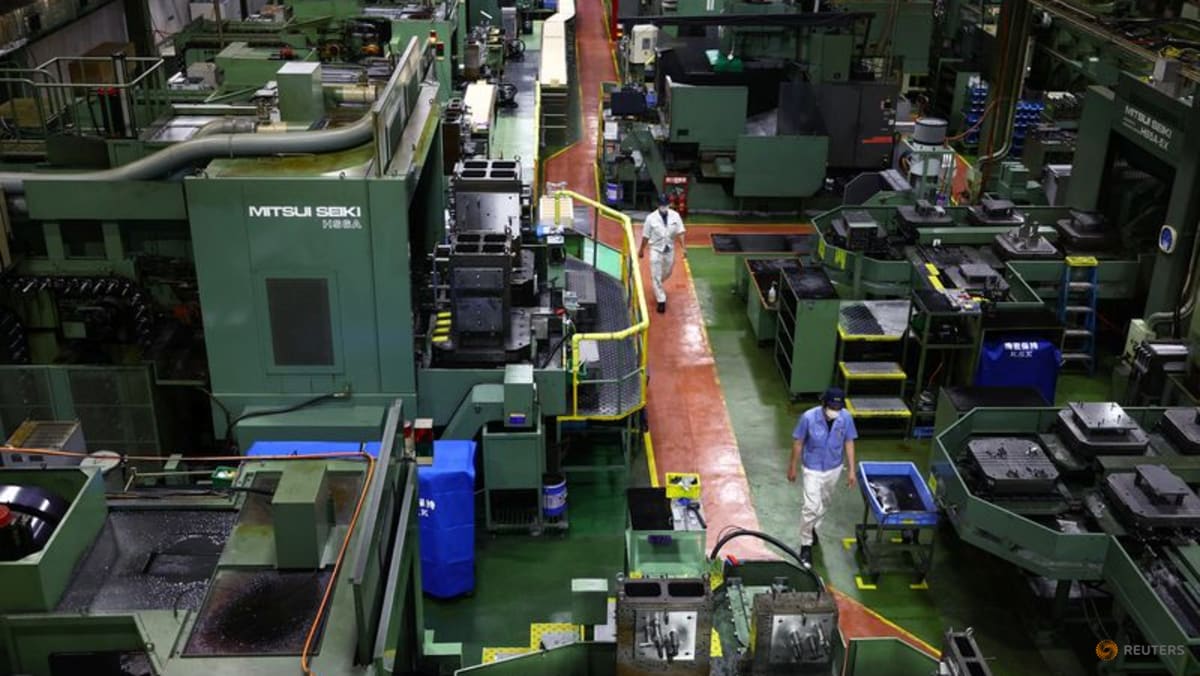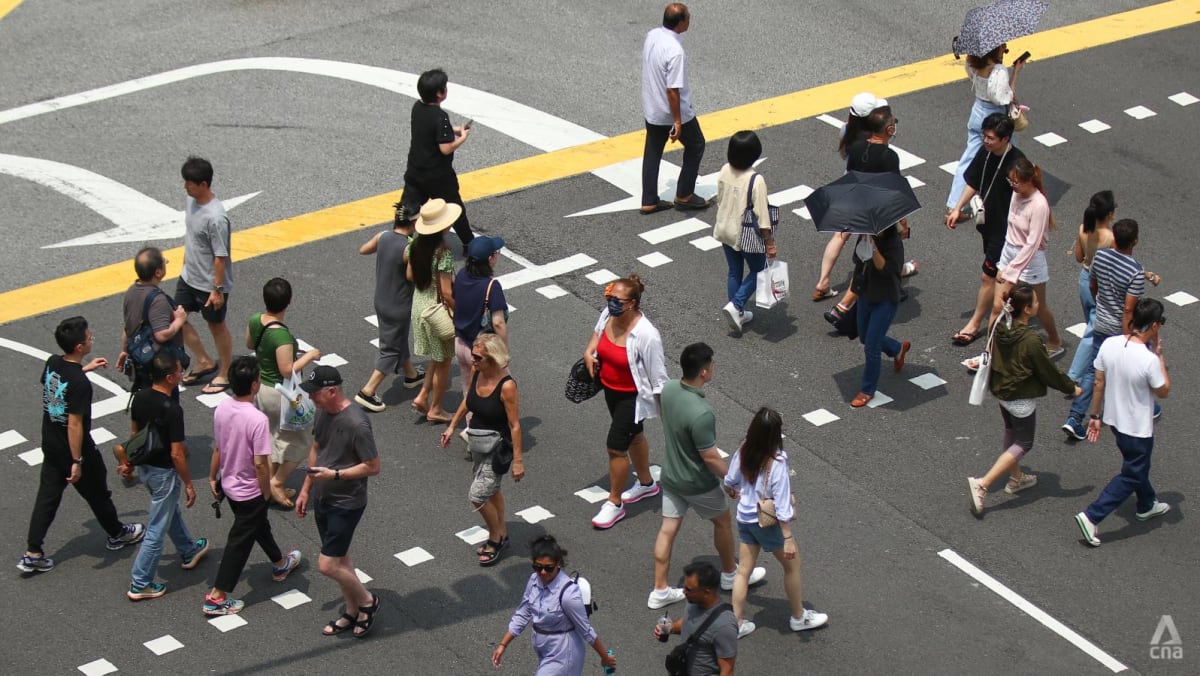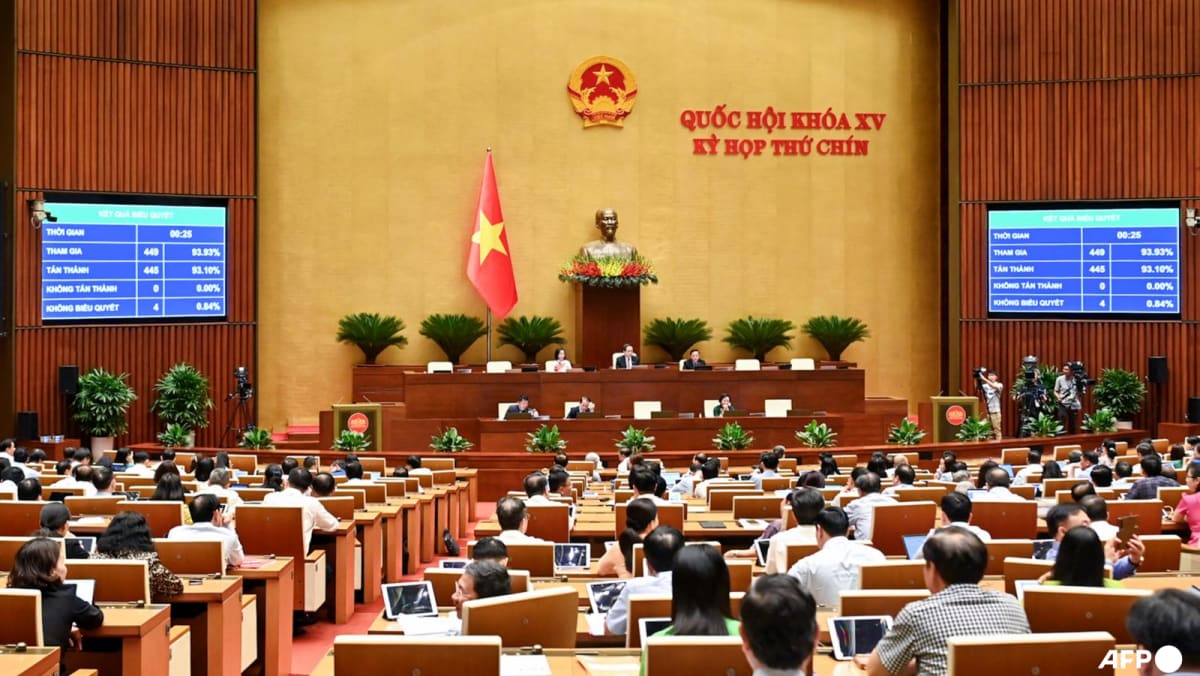In a 15-minute special address at the Shangri-la Dialogue, Malaysia Prime Minister Anwar Ibrahim stressed that faltering trade could have a rippling impact on stability.
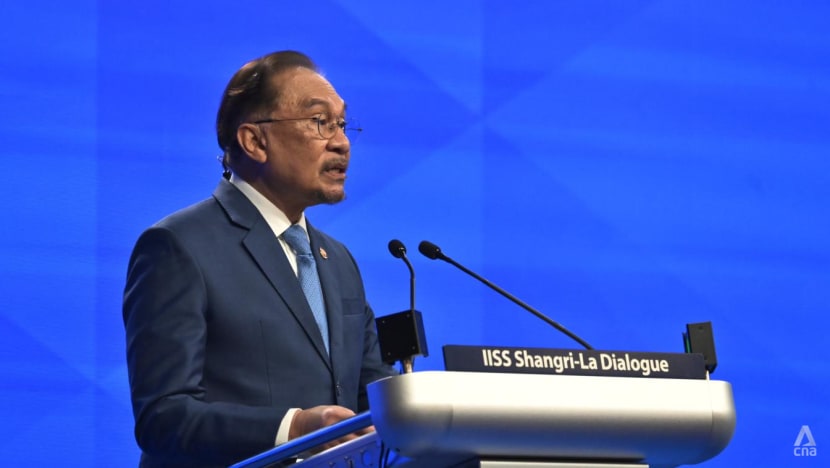
Malaysia Prime Minister Anwar Ibrahim gives a special address at the IISS Shangri-la Dialogue 2025 in Singapore. (Photo: CNA/Wallace Woon)
New: You can now listen to articles.

This audio is generated by an AI tool.
SINGAPORE: Trade is part of Southeast Asia’s strategic architecture and must be protected “from the onslaught of arbitrary imposition of trade restrictions”, said Malaysian Prime Minister Anwar Ibrahim in a special address at this year’s Shangri-La Dialogue on Saturday (May 31).
He added that the Southeast Asia region is “holding its ground” in a troubled world, cautioning that trade faltering could have rippling consequences on stability, with impact cascading beyond any one region.
“In Southeast Asia, we have learned that lasting stability begins with steady fundamentals, clear policies and a long view. Trade is not a soft power indulgence. It is part of our strategic architecture,” said Anwar who is this year’s rotating chairman of the Association of Southeast Asian Nations (ASEAN).
“And like any critical system, it must be protected, not from competition, but from the onslaught of arbitrary imposition of trade restrictions,” he added in his 15-minute speech before regional defence ministers and chiefs.
“What holds true for us holds true elsewhere - where trade flourishes, stability follows. When it falters, the consequences ripple far beyond any one region,” said Anwar.
While he did not specify countries, the Malaysian premier was referencing the ongoing trade war between US and China, which recently made global headlines following US President’s Donald Trump sweeping “Liberation Day” tariffs that caused turmoil in the stock market and sparked economic uncertainty across industries.
ASEAN nations are among those most heavily hit by US tariffs, with countries such as Cambodia and Laos slapped with 49 per cent and 48 per cent import tariffs respectively, before Trump announced on Apr 9 a 90-day pause on “reciprocal” tariffs on imports from almost 60 countries and the European Union.
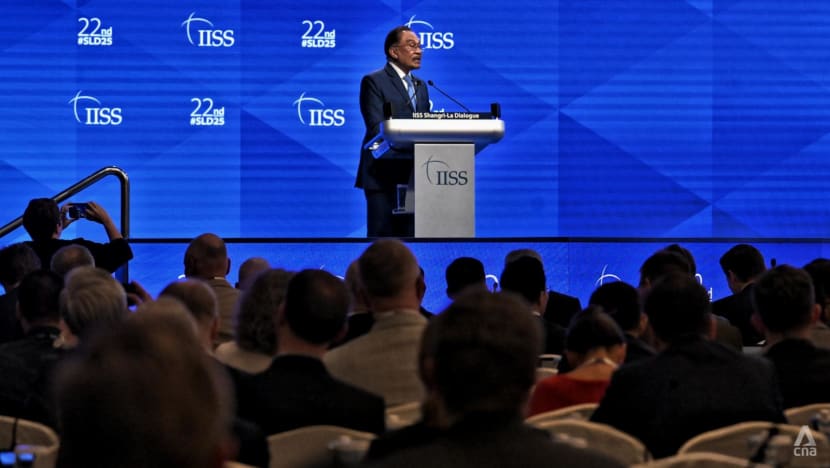 Where trade flourishes, stability follows, Malaysia PM Anwar said in his special address the IISS Shangri-la Dialogue on May 31, 2025. (Photo: CNA/Wallace Woon)
Where trade flourishes, stability follows, Malaysia PM Anwar said in his special address the IISS Shangri-la Dialogue on May 31, 2025. (Photo: CNA/Wallace Woon)
On May 12, both the US and China agreed to temporarily cut massive tariffs imposed on each other’s goods.
Washington cut tariffs on imports from China to 30 per cent from 145 per cent for 90 days, while Beijing will slash duties on US imports to 10 per cent from 125 per cent for the same period.
As both countries continue to negotiate, countries across the world continue to be gripped by uncertainty.
During the ASEAN Summit earlier this week, Anwar said that the bloc has the “fortitude and staying power” to “weather the storms” of economic uncertainty swirling in the region, arising from geopolitical trade tensions between the US and China.
In his speech on Saturday, Anwar reiterated the importance of ASEAN’s principle of “centrality”, and how it is widening its “strategic aperture” by working with other regions such as the Gulf and the formation of the ASEAN Geoeconomics Task Force to help the bloc “navigate external shocks”.
“And that gives us ‘habits of cooperation’ – trade facilitation, cybersecurity frameworks, cross-border data rules, cultural cooperation. They may not be as dramatic, but they are no less vital, for they give Southeast Asia greater impetus to act together,” said Anwar.
“And the more we act together, the harder it becomes to be pulled apart by external gravity. Preserving our autonomy is not about resisting others. It is about strengthening ourselves. This, in essence, is what ASEAN centrality is about,” he added.


